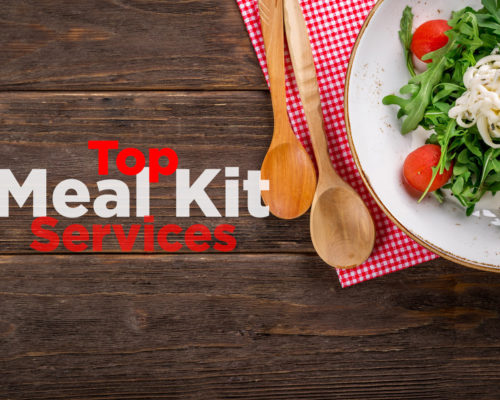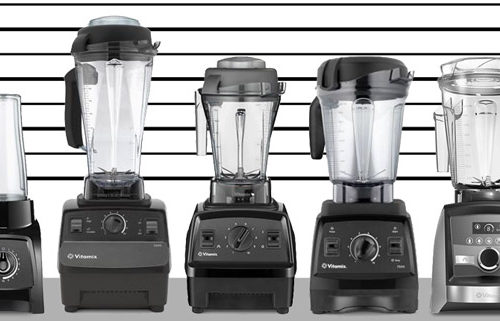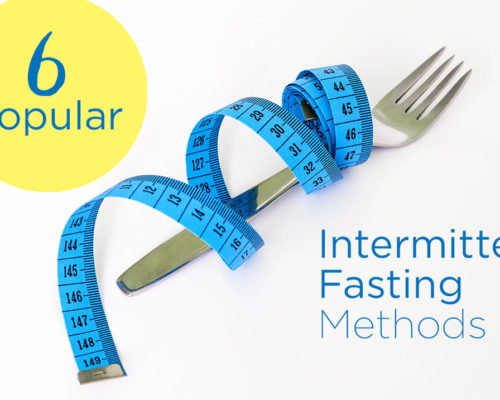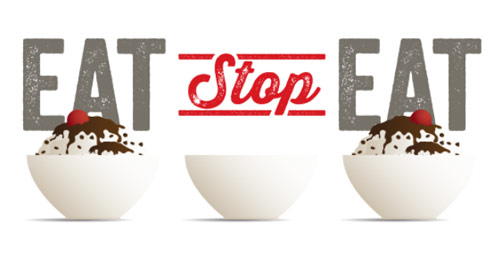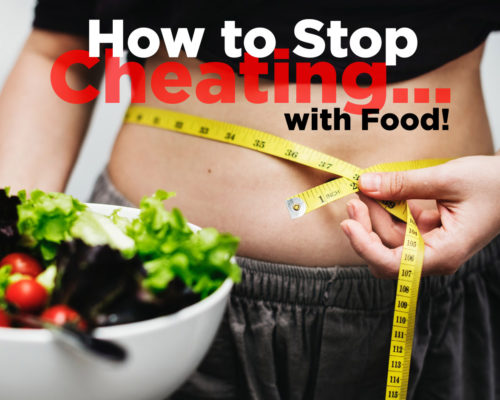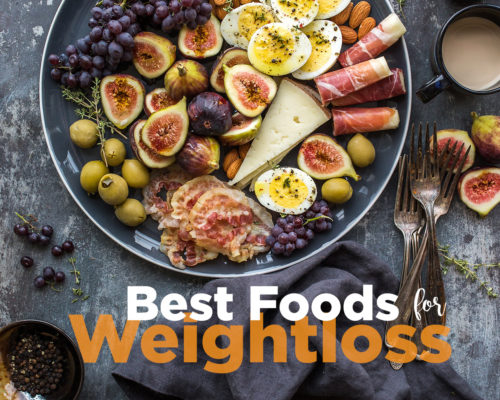
Skip it! – Avoid These Foods to Lose Weight
When you’re trying to lose weight your way, knowing what to eat and what not eat is very important. Cutting calories and exercising are half the battle. Stocking your kitchen with the right foods, foods that will not sabotage your effort, will help you to shrink down faster. Although, some foods on this list appear obvious, some are controversial, many offers no waist shrinking benefits other than empty calories, slow metabolism and poor health. Check out the list below for the worst diet offenders. Check your labels, make better choices and if you must satisfy cravings, remember….moderation, moderation, moderation! This list is in no particular order.
Chips
Chips are usually loaded with dangerous levels of sodium, sugar, fats and calories. It’s considered an ultra processed food and linked to obesity according to a 2015 study by ScienceDirect. Surprisingly, out of all the worst offenders, chips are the worst of the worst.
Fried Foods
Fried green tomatoes, fried chicken, fried fish, french fries and other fried foods are generally high in sodium, calories and saturated fats. Many restaurants fry their foods in a deep fryer for a crispy texture which is unhealthy.
Sugary Beverages
Say good-bye to sugary filled sodas and teas and other sweet beverages. High Fructose Corn Syrup (HFCS) and the Caramel coloring can be found in most sugary beverages. High fructose is directly linked to insulin resistance and diabetes. It’s also link to weight gain especially in the stomach area, obesity and extreme cravings. Caramel coloring (made with ammonium) is linked to block the metabolism of B6. It also may reduce blood cell count and soften stools. Also, animal studies have shown Caramel coloring to possibly be carcinogenic according to Center for Science in the Public Interests).
Did you know: According to New Hampshire Department of Health and Human Services (DHHS), soft drinks account for most of the added sugar in the average American diet. In fact, one can of soda contains approximately 11 tsp of sugar.
Diet Food & Drinks
Get rid of diet sodas, teas, juices and other sweet tasting beverages that profess to contain zero calories!. This includes snacks like cookies, brownies, hard candies, etc. Anything that contains artificial sweeteners has to go. Don’t fool yourself into believing that your zero Coke and Atkin’s peanut butter snack is actually good for you. Artificial sweeteners can actually enhance cravings in some people.
White Pasta, Rice & Breads
White pasta, rice and breads are generally high in carbs and calories yet low in fiber and proteins.
Although, white rice is low in fat, it has very little fiber and protein. An Iran study has identified a link between obesity in female adolescents. Additionally, because of its high glycemic index, white rice can cause blood sugar spikes immediately after consumption.
Processed Meats
Processed meats like bacon, lunch meat, sausage, hot dogs, smoked fish and other processed meats are high in calories and sodium and low in nutrients. The International Agency for Research on Cancer (IARC) have identified processed meats as a carcinogen. It also know to increase your risk of diabetes and heart attacks.
Types of Processes Meats:
- Canned
- Smoked
- Dried
- Fermented
- Preserved
Sugary Cereals
- Some of the most popular cereal brands contain more sugar than a Krispy Kreme donuts. In fact, cereals should be considered a dessert instead of breakfast. The American Heart Association recommends a maximum of 25 grams (6 teaspoons) of sugar a day for females and 38 grams (9 teaspoons) for males. On average, most cereal contain more than half of the daily recommended amount including trans fat with little or no fiber and protein.
- Honey Smacks – 1c serving: 110 calories / 16g of sugar / 1g fiber / 2g of protein / trans fat – yes
- Trix – 1c serving: 120 calories / 10g of sugar / 1g fiber / 1g protein / HFCS – yes
- Cinnanom Toast Crunch – 3/4c serving: 130 calories / 9g of sugar / 3g of fat
- Oreo O’s – 1c serving: 120 calories / 13g of sugar / 1g protein
- Cocoa Krispies – 3/4c serving: 120 calories / 12g of sugar / 1g of protein
- Fruit Loops – 1c serving: 10g of sugar / 3g of fiber / 2g of protein
- Rainsin Bran – 1 1/4c serving: 190 calories / 20g of sugar / 7g of fiber / 5g of protein
- Fruity Pebbles and Cocoa Pebbles – 3/4c serving: 120 calories / 10g of sugar / 1g protein
- Lucky Charms – 3/4c serving – 11o calories / 10g of sugar / 2g of fiber / 2g of protein
- Frosted Flakes – 3/4c serving: 110 calories / 10g of sugar / 1g of protein
Low-fat Foods
Low-fat foods are often considered good options when dieting. However, when fat is remove from the food, it becomes bland. Sugar is often added to make up for the bland taste when makes you gain weight. Also, people tend to over eat by 30% when they believe they’re eating something low in fat.
Alcohol & Beer
It goes without saying that alcohol is not diet friendly, unless you’re drinking wine on the Mediterranean diet. Although, some alcoholic beverages contain fewer calories than some, alcohol on average is loaded with calories and sugar with little fiber and protein.
- A regular 12-ounce (oz) beer = approx. 153 calories
- a light 12-oz beer = approx. 103 calories
- a 5-oz glass of red wine = approx. 125 calories
- a 1.5-oz glass of an 80-proof distilled spirit = approx. 97 calories
If you’re unable to part with your favorite cocktail, there is some good news, maybe. According to 2015-2020 Dietary Guideline for Americans, women may consume up to one drink per day and up to two drinks per day for men. With that said, if you’re serious about losing weight cap your consumption to just one drink or skip it altogether.
Candy bars & Granola
As yummy as candy bars are, all are pretty much unhealthy because of their dense fat, high sugar and calories.
Dark chocolate with a minimum of 70% cocoa can be consumed in moderation while dieting.
Ice Cream
Ice cream is one of the most popular cold sweet desserts in the world. Sadly, ice cream is high in calories and sugar which very little nutrient factors. And, because ice cream is so delectable, its easy to over eat.
Sweetened Yogurt
Traditional yogurt is generally loaded with sugar and lacks macronutrients that helps with weight loss especially the varieties with fruit bottoms. If you love yogurt, consider Greek yogurt which contains plenty of satiating protein and gut healthy probiotics.
Fast food Restaurants
Don’t stop, drive by fast! The foods prepared in these types of restaurants are loaded with preservatives, trans fats, HFCS and sodium. Foods from these restaurants will never truly satisfy you. The preservatives and trans fats will block the vital communication between your stomach and brain which makes you over eat.
Baked Pastries & Sweets
Cookies, brownies, cakes, pies, donuts, pastries, manufactured desserts and other baked goods are usually high in sugars, fructose and trans fat. Partially Hydrogenated Oils (PHOs) are the primary source of trans fats in processed foods according to the Food and Drug Administration (FDA). Trans fats are linked to obesity and heart failure. Removing PHOs from processed foods can prevent thousands of deaths and heart attacks each year.
Canned Food
All canned foods are processed foods containing high levels of sodium and preservatives which causes belly bloat. Surprisingly, foods and soups prepared in a cream base are much higher in fat and calories than broth or tomatoes based foods. High sodium prevents your body from determining when you’re full by increasing your appetite.
Juice
It takes about four oranges to make one cup of juice. The process used to make the juice strips the fiber which helps to fill you up. Juice has always been mistaken as a healthy beverage because of the fruit. Unfortunately, Fructose, a sugar naturally occurring in fruit, encourages weight gain. It also tricks the body into believing that it’s not full. Which in turns makes you gain weight and increase your risk of becoming insulin resistance and diabetic. What a sneaky little trick.
Therefore, juice is just 100% empty calories that may spike your blood sugar and leave you feeling unsatiated.
Syrups
Pancakes and waffles are simply early morning desserts with syrups. Some of the most popular brands are surprisingly made with just two controversial ingredients: high fructose corn syrup and caramel coloring. High fructose is directly linked to insulin resistance and diabetes. It’s also link to weight gain especially in the stomach area, obesity and extreme cravings. Caramel coloring (made with ammonium) is linked to block the metabolism of B6. It also may reduce blood cell count and soften stools. Also, animal studies have shown Caramel coloring to possibly be carcinogenic according to Center for Science in the Public Interests).
Refined Sugar
Extracted from sugar cane and sugar beets, refined sugar (white & brown sugar) is stripped of all its natural nutrients which leaves hungry and craving more…empty calories. Typically, found as sucrose which is a combination of glucose and fructose, refined sugar, refined sugar is found in nearly everything you eat. Sadly, because its found in nearly everything, its easy to over consume. It’s found in cereal, soft drinks, sweet teas, cookies, donuts, soups, bread, cured meats, low-fat foods, ketchup, dressings, cakes, processed foods and more. On average, American consumes over 94g of added sugar/day. The American Heart Association (AHA) recommends limiting your added sugar intake to a maximum of 7 tsp/day; women should consume 6 tsp/day (100 cal or 25g) and men should consume 9 tsp/day (150 cal or 37.5g).
Excess sugar consumption is directly linked to slow metabolism, obesity, diabetes, kidney disease, tooth decay, fatty liver disease, mental disorders, cancer and other health related ailments. Sugar also triggers the same areas in the brain as drugs. For this reason, it can be hard to break the sugar habit. So, sugar addicts should avoid sugar all together much like smokers need to avoid cigarettes.
Names of Sugar: (all sugar varieties are empty calories with no nutritional value)
- Sugar
- Glucose
- Honey
- Sorghum syrup
- Lactose
- Fruit juice concentrate
- High-fructose corn syrup
- Dextrose
- Fructose
- Corn syrup
- Sorbitol
- Molasses
- Maltose
- Corn sweetener
- Sucrose
- Brown sugar
- Syrup
Bootled Smoothies
Bottled smoothies are great for convenience yet horrible on your waistline. Most bottled smoothies contain a whooping amount of sugar; many as much as 52g of sugar per bottle. Unbelievable!
Vegetable Oils
By the 1950s & 60s, vegetable oil became popular amidst the fallout of trans-fat oils. Manufacturers began injecting their products with vegetable oils like soy, corn, sunflower, etc which can also present problems. Vegetable oils are often considered heart healthy for those at risk of heart disease because these oils are generally low in saturated fat and high in polyunsaturated omega 6 fats. Controversially, nutritionists have raised concerns about the high levels of omega-6 fat and its link to heart disease because omega-6 is an inflammatory fat. Today, Americans are consuming a massive amount of vegetable oil rich products. The average amount of omega-6 to omega-3 ratio is 20:1. The recommended daily amount should be 1:1. High levels of inflammation is connected to obesity and other weight related ailments. So, moderation is best.
Some vegetable oils may also contain trans fats when the oils are hydrogenated. Hydrogenated oils are typically hard or solid like butter at room temperature. Surprisingly, some non-hydrogenated oils also contains trans-fats too. A consumption of trans fat is linked to cardiovascular disease, obesity, diabetes, cancer and other chronic disease. So, avoid at all costs.
The plant oils that you should avoid due to their high omega-6 content include:
- Soybean oil
- Canola oil
- Corn oil
- Cottonseed oil
- Sunflower oil
- Peanut oil
- Sesame oil
- Rice bran oil
Artificial Sweeteners
The American Journal of Clinical Nutrition found that large amounts of artificial sweeteners are linked to type 2 diabetes, weight gain and cravings.
Cream Cheese
2 tablespoons of cream cheese contains 100 calories, 9g of fat, and 6g of saturated fat with laughable calcium count and virtually no other nutrient value. Its best to leave this out of your diet.
Jam
Don’t be fooled. Just because its made with fruit does not make it healthy. This sugary concoction is devoid of filling fiber. The calories in one popular brand is 50 calories in a tablespoon of jam. That one tablespoon is loaded with 12g of sugar with fiber, protein or other nutritional value. Add that to a piece of toast and you’ll have yourself a nice sugar sandwich.
Energy Drinks, Energy & Granola Bars
Energy products and granola bars generally high in fiber and protein. Sadly, they are also high in sugar and calories.
Fatty Red Meats
Avoid fatty red meats in order to cut down on slow metabolism and obesity as recommended by The China Health and Nutritional Survey.
Dried Fruits
Dried fruit are more calorie laden than fresh fruits. Because dried fruit does not contain water, dried fruit is nothing but fructose. And, its easy to over eat dried fruits as they are often paired with nuts. Dried fruits can be enjoyed in moderation.
Sugary Coffee Drinks
Black coffee is a good friend to dieters. On the other hand, it’s sugary and dairy cousins, frozen coffee, mochas, and coffee concoction are your waistline’s worst enemies. Some large coffee drinks can add as much as 600 calories per drink to your daily diet.
Frozen Meals
Nothing beats the convenience of a frozen meal. Generally, frozen food retains their nutritional value. So, you’re wondering why are frozen meals on this list. The act of freezing does not necessarily make food healthy or unhealthy. Frozen meals become unhealthy when manufacturers add sodium, a natural preservative. Also, some frozen meals can feel unsatisfying because of the size of small portion sizes although they are loaded with calories.
Conclusion
Losing weight can definitely be overwhelming, intimidating and confusing at times. No matter what plan your own, avoiding the above foods and choosing will best foods will definitely help you to reach your weight-loss goals.
If you are still unsure about what foods to choose. Consult a physician, dietitian or nutritionist to choose what rights for you and your body.

